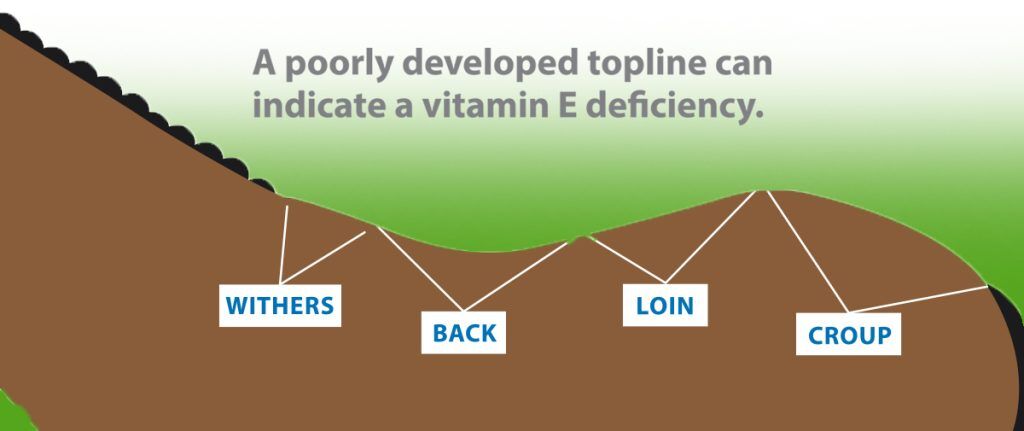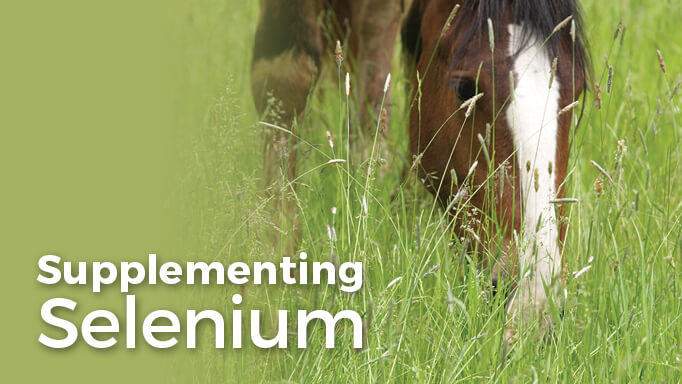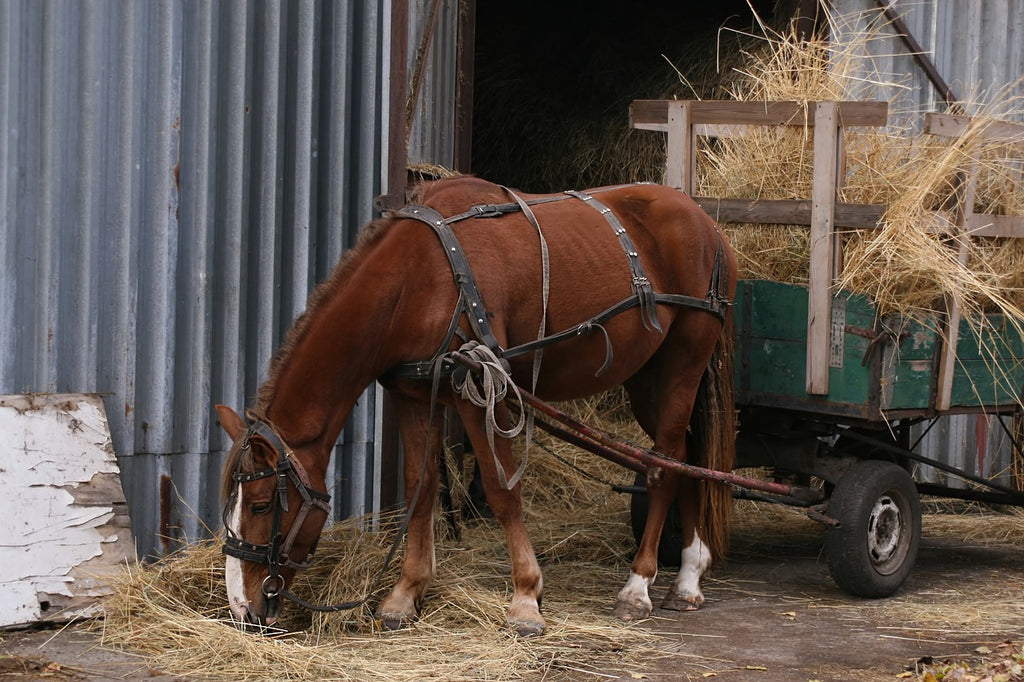Vitamin and Mineral Deficiency Signs in Your Horse

Understanding the signs of vitamin and mineral deficiencies in horses is crucial for maintaining their health and performance. Horses require a balanced diet rich in essential nutrients to support their bodily functions, growth, and overall well-being. Deficiencies can lead to a range of health issues, some of which may be subtle and easily overlooked.
Common Vitamin Deficiencies and Their Signs

| Vitamin | Role in Horse Health | Deficiency Signs |
|---|---|---|
| Vitamin A | Supports vision, immune function, and skin health | Night blindness, poor coat condition, respiratory issues |
| Vitamin D | Regulates calcium and phosphorus absorption | Bone weakness, lameness, poor growth |
| Vitamin E | Antioxidant, supports muscle and nerve function | Muscle weakness, poor coordination, reproductive issues |
| Vitamin K | Essential for blood clotting | Excessive bleeding, slow wound healing |
Common Mineral Deficiencies and Their Signs

| Mineral | Role in Horse Health | Deficiency Signs |
|---|---|---|
| Calcium | Bone and teeth formation, muscle function | Bone deformities, fractures, muscle spasms |
| Phosphorus | Energy metabolism, bone health | Poor growth, weight loss, reduced appetite |
| Magnesium | Muscle and nerve function | Muscle tremors, irritability, poor performance |
| Selenium | Antioxidant, supports immune system | Muscle degeneration, weakness, respiratory problems |
How to Identify Deficiencies
- Physical Examination: Look for changes in coat quality, weight, and behavior.
- Blood Tests: Measure vitamin and mineral levels to confirm deficiencies.
- Diet Review: Assess the horse’s feed and supplements for nutrient adequacy.
Prevention and Treatment
- Provide a balanced diet tailored to your horse’s age, workload, and health status.
- Use supplements when necessary, especially in regions with poor soil nutrient content.
- Regular veterinary check-ups to monitor health and nutrient levels.
FAQ
Q1: Can vitamin and mineral deficiencies affect my horse’s performance?
A1: Yes, deficiencies can lead to fatigue, muscle weakness, and poor recovery, impacting performance.
Q2: How often should I test my horse for nutrient deficiencies?
A2: Annual testing is recommended, or more frequently if health issues arise.
Q3: Are natural feeds enough to meet all vitamin and mineral needs?
A3: Natural feeds may not always provide sufficient nutrients, especially in deficient soils; supplements might be necessary.
By recognizing the signs of vitamin and mineral deficiencies early, you can take proactive steps to ensure your horse remains healthy and active. Proper nutrition is the foundation of equine health, and understanding these signs helps you provide the best care possible.
